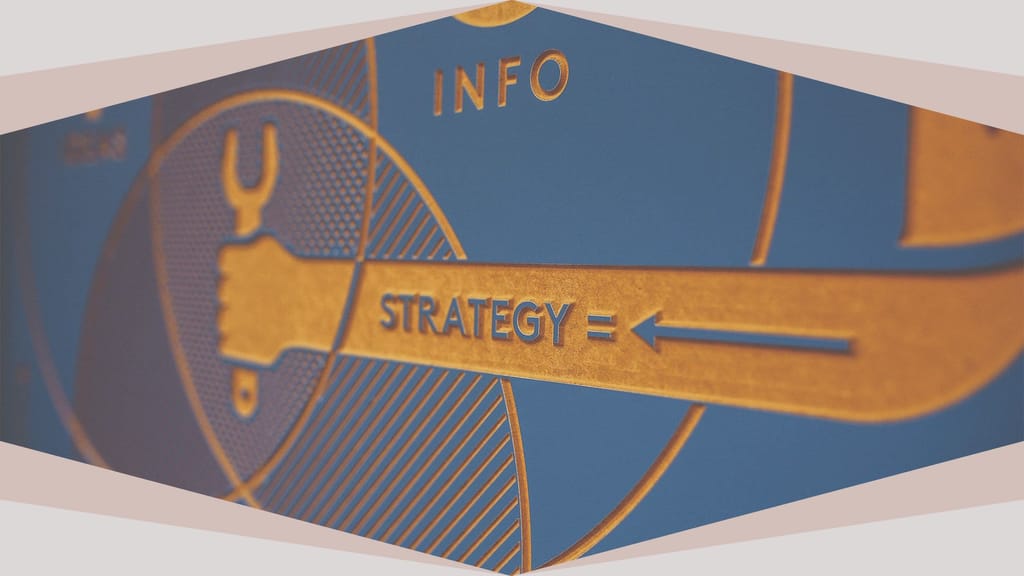Effective Strategies for Conducting Job Interviews for Remote Working Employees

by Cindy Mielke

Cindy Mielke is passionate about the incentive industry. In addition to her role as Vice President of Strategic Partners at Tango, she is a Certified Professional of Incentive Management who proudly serves on two industry boards. When not working, Cindy enjoys spending time with her family—including three cats, two dogs, and a horse — and sharing her love of nature as a Nebraska Master Naturalist.
Decentralized workforces are becoming the go-to format for many businesses. They're flexible, cost-effective, and provide more hiring opportunities for companies. But with these advantages also come certain difficulties.
Remote talent pools are highly competitive. Many businesses are looking for home-based employees in various industries. This means businesses need to approach their hiring processes carefully. A practical place to start is by reviewing your remote interview strategy. This can help you recruit more talented individuals and leave a lasting impression.
Luckily, there are a number of effective ways you can improve the quality of your remote interviews.
Decide on the Right Platform
The first element of hosting more effective remote interviews is the experience you provide candidates. The platform you use will significantly impact these areas. The good news is you have many options to choose from.
Zoom, Microsoft Teams, and Google Meet are only a few of the hundreds of options you can choose. Each platform offers a slightly different set of tools and capable functions. To help you decide, consider things like ease of use and overall accessibility. The easier the platform is to use, the more seamless the interview should go.
Another important thing to think about is security. Look for added features like end-to-end encryption or password-protected meeting rooms. This will help protect both the business's and candidates' privacy.
Leveraging a platform that's both dependable and easy to navigate creates a professional atmosphere for everyone. It will also play nicely with your existing tools, such as your HR software or company calendars, to make the whole process more efficient for everyone.
Make Interview Structure Clear
Clear communication is essential for smooth remote interviews. This means giving candidates all the necessary details beforehand - which platform you'll use, any software they need, or tips for fixing common tech problems. This minimizes the chance of hiccups on either end that could disrupt the interview flow.
Make sure the candidate has the correct contact information and login details before you start the virtual meeting. This avoids confusion and wasted time. It's also a smart move to make sure you schedule enough time to do a test run or practice call with the candidate. This helps confirm their familiarity with the technology and that their microphone and camera work properly.
Keep Your Virtual Environment Professional
Just because an interview is remote doesn't mean the physical environment doesn't matter. A remote interview should still mimic the look and feel of an in-office meeting. This means choosing someplace quiet away from distractions and avoiding distracting background noises or other disruptions. The mood you set from the start of the meeting can significantly impact any final outcomes.
Having good lighting and camera positioning in the room is also essential. Cameras should be at eye level and not too close or far away. There should be enough lighting to see the interviewer but not create too much glare or harsh reflections. Dress is equally important—even in more casual working atmospheres. All attendees should dress professionally to show respect for all types of candidates and the seriousness of the process.
Think About What Your Key Requirements Are
When you interview for positions outside the office, it's important to know exactly what qualities you need in a remote team member. This means having a go-to list of certain abilities, traits, and experience levels a candidate should have when working at home. These might include:
-
Clear Communication: Remote workers need to know how to communicate well. They should be able to express themselves clearly in all formats.
-
Time Management: At-home employees need to be great at managing their time. This includes shifting around priorities and hitting deadlines to reach their objectives.
-
Professionally Driven: Remote employees should be disciplined regardless of who's watching. This makes it easier to trust them to keep themselves productive.
-
Flexibility: When working from home, employees should be flexible. This means adapting well to change and solving problems.
By laying out these remote team requirements before you start interviewing, you can make sure your questions are designed to find candidates who have what it takes to succeed in a remote role.
Create More Lively Discussions
For remote interviews, it's critical to try and create an atmosphere that encourages open dialogue and helps you to build a connection with the candidate. A good way to do this is by asking open-ended questions that invite candidates to share their experiences and ideas instead of just simply providing a “yes” or “no” answer.
Jotting down notes and asking follow-up questions can also help you dig deeper into who the candidate is as a person and a professional. Make sure you’re leaving time to follow up on these nets and leaving time for the candidate to ask you questions as well. This shows you value their perspective and shows them respect.
Provide Feedback As Soon As Possible
Giving feedback to candidates quickly after a remote interview is vital to keeping candidates satisfied with the experience and showing that your company is professional and values clear communication. Whether the feedback is good or constructive, you should be quick about providing it.
Try to get back to candidates within a week or so of the interview. This respects their time and keeps them interested in the position.
When you offer constructive criticism, point out the candidate's strong points and areas where they might improve.
If a candidate doesn't get the job, be honest about why. This gives them valuable insight and can help them improve in future interviews.
Think About How You Can Leave a Lasting Impression
A small act of kindness can make a big difference to candidates when conducting interviews and help your company stand out from other businesses. Offering a gift card as a small thank-you to all candidates after an interview can be a great personal touch.
Here's how to make gift cards work well for interview purposes:
-
Keep the Value Reasonable: You don’t need a large dollar value assigned to your gift cards. Even providing enough to buy a cup of coffee is a great personal touch. Saying thank you this way is impactful and shows you value the candidate's time.
-
Add a Personal Note: Write a short, handwritten note or a personalized email thanking the candidate for their time and effort. This shows you’re really thinking about the gift and not just making it a placeholder that everyone gets.
-
Send it Quickly: Make sure the gift card arrives soon after the interview so it feels timely and relevant.
Gift cards aren't just for rewarding current employees. A small thank-you to potential hires leaves a strong, positive impression and showcases your company's culture, which can help attract top-tier talent long down the road.
Make Your Remote Interview More Effective
Effective remote interviews require careful planning and a thoughtful approach. By using the strategies discussed, you'll be able to evaluate candidates effectively and make smart hiring choices that benefit your company and improve your remote team's overall success.









